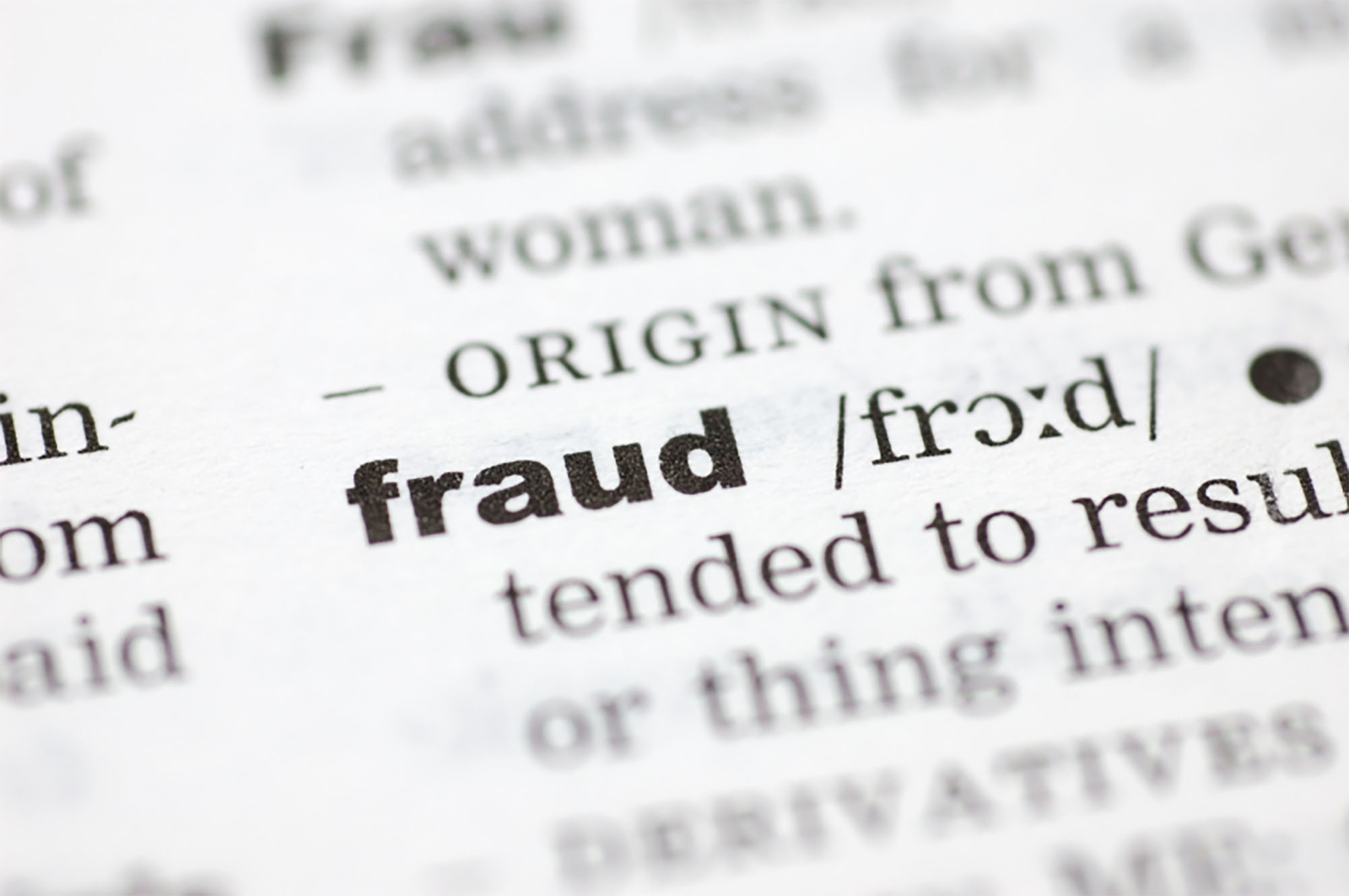I recently co-sponsored an educational event about Mortgage fraud. I researched the topic at length by interviewing colleagues, reading cases, and digesting other information I could find. This article is a brief summary of that research.
Mortgage fraud is a major problem. It happens all of the time all over the country. In fact, Kroll Factual Data, Inc. (“Kroll”) announced a 10.41% average increase of possible mortgage fraud throughout the country and identified Manchester, NH as the 3rd ranked MSA for increases in potential fraud.
The advice I would pass along to professionals in the real estate business is to think beyond due diligence. If something doesn’t seem right…investigate it further. If one of your clients or one of his/her trusted advisors is a shady character, you should know. All it takes is a few extra minutes of your time to review the person via a brief internet search. Controversial material rises to the top of SEO search so you shouldn’t have any trouble locating negative feedback.
This same advice applies to people in the real estate market. Take time to learn everything you can about your trusted advisors before its too late to act. Here are the more common type’s of fraud I encountered in my research:
- Occupancy fraud – Borrowers have to swear up and down that they intend to occupy the subject property as a primary residence for at least one year and take occupancy within 60 days of the loan closing. In exchange for these promises, mortgage lenders provide lower down payment options and lower interest rates. The harm to the overall economy is real. In many cases, taxes on capital gains aren’t paid and the borrowers materially misrepresent the risks to the lender.
- Income fraud – borrowers inflate bottom line net taxable income by falsifying IRS tax filings.
- Gifts – borrowers aren’t entirely truthful as to whether a gift is truly a gift vs. a loan.
- Fraud for profit – these almost always involve more than one party. Examples of this behavior are foreclosure rescue scams involving straw buyers.
- Identity Theft – remarkably still a problem in the real estate business. Where there is money to be made there will always be identity theft. Especially when there is so much confidential information in the hands of your real estate lawyer or title company. Work with someone you trust.
- Shotgunning – I don’t see this much in Massachusetts, but apparently this happens where multiple parties working with different banks will line up closings on or about the same date/time for the same property. The result is catastrophic losses for banks.
Although not required for most real estate professionals or clients, if you have direct knowledge of a mortgage fraud scheme, it would be wise to report the information to the Financial Crimes Enforcement Network in the form of a Suspicious Activity Report.
